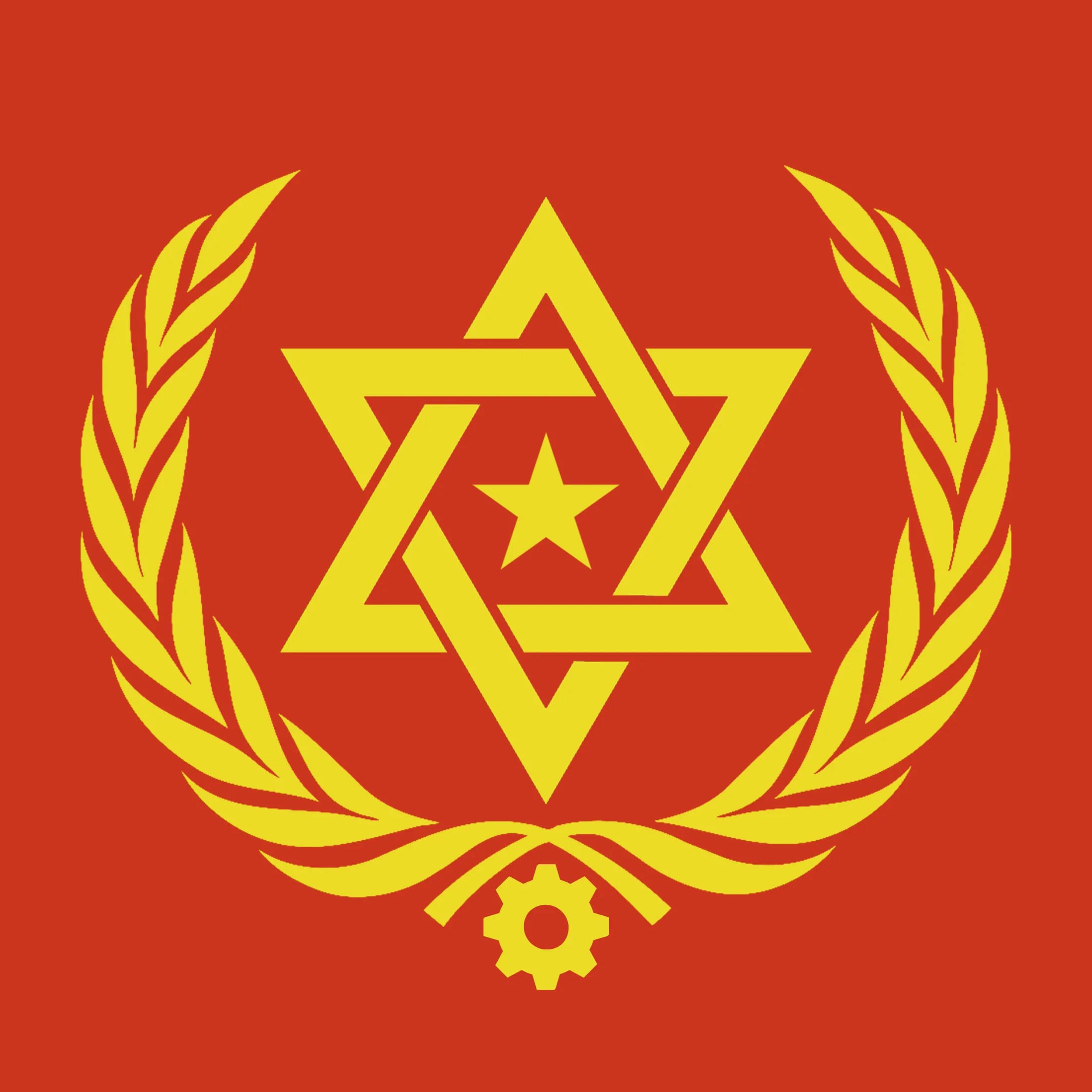By way of introduction, I think the period of the thirty years war is a particularly interesting time when we can see the beginnings of modern Jewish thought and practice in Europe. The key preliminary events here were the Spanish Expulsion of 1492, where the Jews of Andalusia/Iberia were martyred, forced to convert to Catholicism or Emigrated (Mostly to Ottoman and Muslim lands, but also the Low countries and the New World). These Jews were the ancestors of the Sepharadim, while the Jews who originated in the Rhineland and migrated generally Eastward to the Slavic and Baltic areas would become the Ashkenazim.
The second major innovation was of course the printing press. Hebrew printing began in the late 1400s in Italy and radically changed the dynamics of studying sacred text.
The 1600s will bring us such fascinating characters in the Jewish world as Baruch Spinoza, Moshe Isserles, Shabbtai Tzvi, and Menashe ben Israel. And Jewish cultural centers will begin in the former backwaters of Lithuania and Poland.
My notes on Martin Luther (Ep 1.)
At about 80 minutes in, Matt makes reference to Luther’s recalcitrance on what initially was a sort of philosemitism. Indeed in “That Christ was born a Jew” Luther appears to welcome Jewish converts into his new purified Christianity.
Towards the end of his life though, and the publication of “The Jews and Their Lies.” Its clear than any semblance of openness and decency that Luther had towards Jews as a people was simply based on the assumption that they would quickly convert to Christianity in large number.
Some Historians (I have an essay by Hayim Greenberg to this effect) lay the cultural responsibility for Naziism squarely on Luther, with his synthesis of Religious and Political power combined with a more modern strain of antisemitism.

